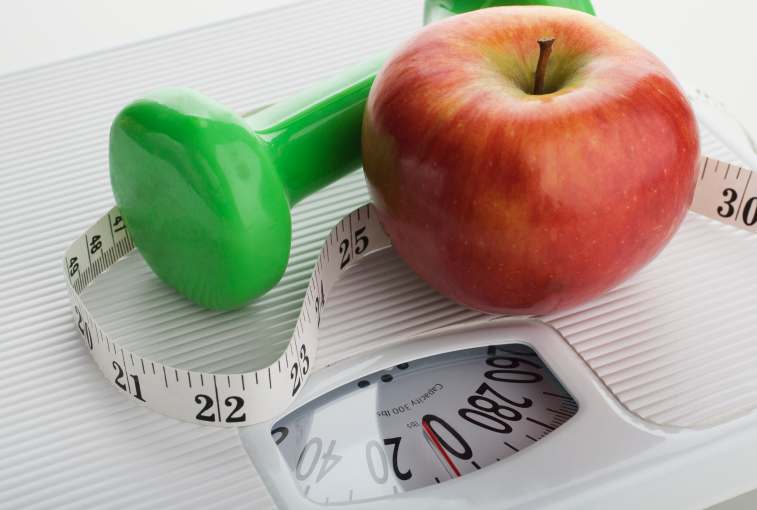Whether you’re a recreational or elite athlete, young or mature, your performance may be influenced by your body weight. Various diets and artificial means exist claiming to induce weight gain or loss, including nutritional supplements and oral or injected medications. However, these methods are not always safe or effective.
To determine optimal body weight and composition, consult with your physician or a dietitian. It is critical to your health to not gain or lose too much body fat.
Every individual is different, and a body weight for one may not be appropriate for another. Consult with a registered dietitian to determine the safest and most effective way to achieve your weight goal.
Healthy weight gain
The key to gaining weight is to consume more energy (calories) than you burn. As with weight loss, gaining healthy weight (primarily muscle mass) takes time.
Healthy weight gain of 1-2 pounds per week can be expected when reasonably increasing energy intake. It takes an excess of about 2,000 to 2,500 calories per week to support the gain of a pound of lean muscle and about 3,500 calories per week to gain a pound of fat.
As the scale goes up, the goal should be to add an appropriate amount of muscle mass, not simply fat. Resistance exercise is the key to increasing muscle mass; eating excess calories or protein alone will not increase muscle strength or size.
Make sure you make sleep a priority as well; adequate rest is also essential for your body to build new lean muscle mass.
Quality first
The secret to healthy weight gain is to make all your calorie choices as nutrient-rich and calorie dense as possible. When you consume empty-calorie foods like soft drinks, candy, chips and fast food, you are not providing your body with what it needs to build muscle, strengthen bones or repair tissue. You need the nutrient power of all the food groups.
There are just as many products advertising “miraculous” weight gain as weight loss. If it sounds too good to be true, it probably is or it is not safe. At least 25 percent of supplements on the market either contain a banned or illegal substance or do not contain enough of the specified ingredient to make a difference.
Skip the expensive supplements and save your money for delicious whole foods.
Healthy ways to add extra calories
Eat five to six moderately sized meals throughout the day rather than two or three extra-large meals. For an overall healthy diet, choose your foods wisely and eat nutrient-rich foods such as whole-grain breads, pastas, cereals; fruits, vegetables, 100 percent juice; reduced- or low-fat dairy products; lean protein sources, nuts and seeds.
Don’t fill up on diet or regular soda, coffee, tea or energy drinks with few calories or little nutritional value.
Instead, drink smoothies or shakes made with milk and fresh or frozen juice. Sprinkle in some ground flaxseed to add healthy fats.
Choose calorie-dense snacks, such as, nuts, peanut butter, cheese, dried fruits and avocados. Eat a bedtime snack, for instance, a peanut butter and jelly sandwich or a wrap with avocado, sliced vegetables, meat and cheese.
Enjoy sweet treats too, such as muffins, yogurt, fruit pies, dark chocolate and granola bars.
Learn more
…
Posted In Basketball, Health Information, Healthy Living, Nutrition, Sports Medicine, Weight Loss
